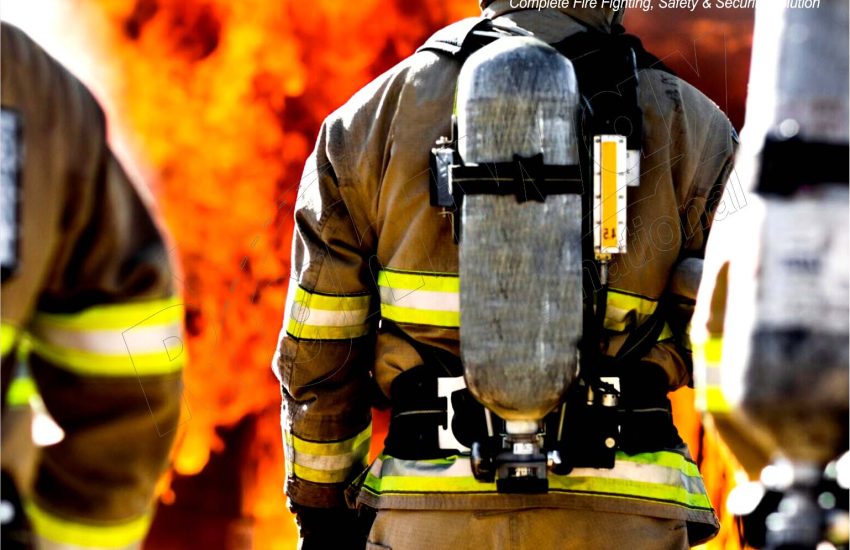Emergency Response Services (ERS) emergencies can occur at any time, and having quick, reliable access to emergency response services is crucial. Whether it’s a medical emergency, fire, natural disaster, or law enforcement crisis, immediate action can save lives. In this article, we will explore the key aspects of emergency response services, their importance, and how to choose the best emergency service provider for your needs.
What Is Emergency Response Service?
Emergency response service refers to the coordinated efforts of professionals trained to respond to critical situations swiftly and efficiently. These services include:
- Emergency medical services (EMS)
- Firefighting services
- Law enforcement
- Disaster response
- Search and rescue operations
Each type of emergency response team is trained to handle specific situations, and the primary goal is always to save lives, mitigate damage, and restore safety.
Key Types of Emergency Response Services
1. Medical Emergency Services
Medical emergencies require quick intervention from trained medical personnel. EMS services provide urgent care, such as:
- Ambulance services
- Trauma care
- Cardiac arrest response
- First aid and triage
Whether it’s a sudden heart attack, accident, or health crisis, emergency medical teams are equipped with advanced tools and expertise to provide life-saving treatment in the field before transportation to a medical facility.
2. Fire Emergency Services
Firefighters are critical in situations where fires pose a significant threat to life, property, and the environment. Fire emergency services respond to:
- Residential and commercial fires
- Forest fires
- Gas leaks
- Fire rescues
Firefighters are highly trained not only to fight fires but also to perform hazardous material handling, rescue operations, and provide fire prevention education to reduce the likelihood of emergencies.
3. Law Enforcement and Security
Law enforcement agencies are integral to ensuring public safety during criminal emergencies. Police response services are deployed to:
- Respond to criminal activities (robbery, assault, etc.)
- Control civil disturbances or riots
- Investigate accidents or crimes
- Prevent theft, vandalism, and other threats
In addition to traditional police work, law enforcement often collaborates with other emergency response teams to ensure public order and safety during crises.
4. Disaster and Natural Disaster Response
In the event of a natural disaster, such as earthquakes, floods, hurricanes, or tornadoes, disaster response teams are critical. These teams often include:
- Search and rescue teams
- Emergency shelter providers
- Food and water distribution
- Medical personnel for disaster relief
Natural disasters require coordinated efforts across multiple agencies to ensure that affected communities receive the help they need promptly.
Why Emergency Response Services Are Essential
The importance of emergency response services cannot be overstated. Here’s why having access to emergency response services is critical:
- Life-saving interventions: Quick response by trained professionals can make the difference between life and death.
- Prevention of further damage: Swift action in emergencies can prevent fires, accidents, or injuries from escalating.
- Disaster relief and recovery: During natural disasters or large-scale emergencies, response teams provide immediate relief, and coordinate the recovery process.
- Community safety: Emergency responders contribute to the overall safety and stability of communities by handling high-risk situations professionally.
How to Choose the Best Emergency Response Service
When selecting an emergency response service provider, several factors must be considered:
- Reputation and Experience Choose a provider with a proven track record in responding to emergencies. Experienced teams are likely to provide quicker and more effective responses.
- 24/7 Availability Emergencies don’t follow a 9-to-5 schedule. Ensure the emergency service provider you choose is available 24/7 to handle urgent situations at any time of day or night.
- Professional Certifications Look for service providers with certified professionals. Whether it’s paramedics, firefighters, or law enforcement personnel, certified experts ensure quality and reliability.
- Technology and Equipment A modern emergency response service should have up-to-date equipment, including advanced medical technology, fire suppression tools, and communication systems, to ensure efficient response times.
- Geographical Coverage Choose a provider that covers your area, whether it’s local, national, or international. Ensure they can reach your location quickly, regardless of the emergency type.
Conclusion: Be Prepared with Emergency Response Services
Emergency Response Services (ERS) In conclusion, having access to emergency response services is essential for ensuring safety during critical situations. Whether it’s a medical emergency, fire, law enforcement, or disaster-related crisis, quick and coordinated action is key to saving lives and minimizing damage. By selecting a reliable emergency service provider, you can rest assured knowing you’re in good hands during times of crisis.


